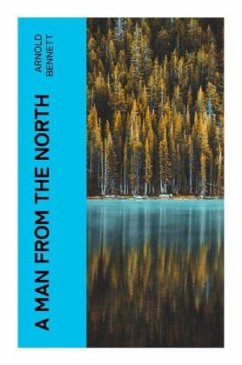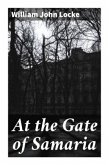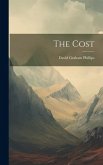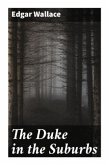In "A Man from the North," Arnold Bennett weaves a rich tapestry of character and setting that explores the life of an industrious yet disenchanted young man from the industrial North of England. The narrative is marked by Bennett's signature realism and detailed descriptions, capturing the social dynamics and cultural nuances of early 20th-century Britain. Through a blend of humor and pathos, the novel delves into themes of aspiration, identity, and the dichotomy between regional heritage and metropolitan allure, placing it in the larger context of Bennett's exploration of urban life and the human condition. Arnold Bennett, a prominent figure in English literature during the Edwardian era, was deeply influenced by his own upbringing in the potteries of Staffordshire. His experiences navigating the complexities of northern working-class life and his move to London serve as critical backdrops for this novel. Bennett's keen observation of everyday life and his ability to convey thestruggles of the common man through relatable characters underscore his literary prowess and thematic focus on regionalism. I highly recommend "A Man from the North" to readers interested in a profound examination of social change and personal ambition. Bennett's insightful narrative will resonate with anyone seeking to understand the evolving landscape of modern life, making it a significant addition to the canon of early modern British literature.
Bitte wählen Sie Ihr Anliegen aus.
Rechnungen
Retourenschein anfordern
Bestellstatus
Storno








